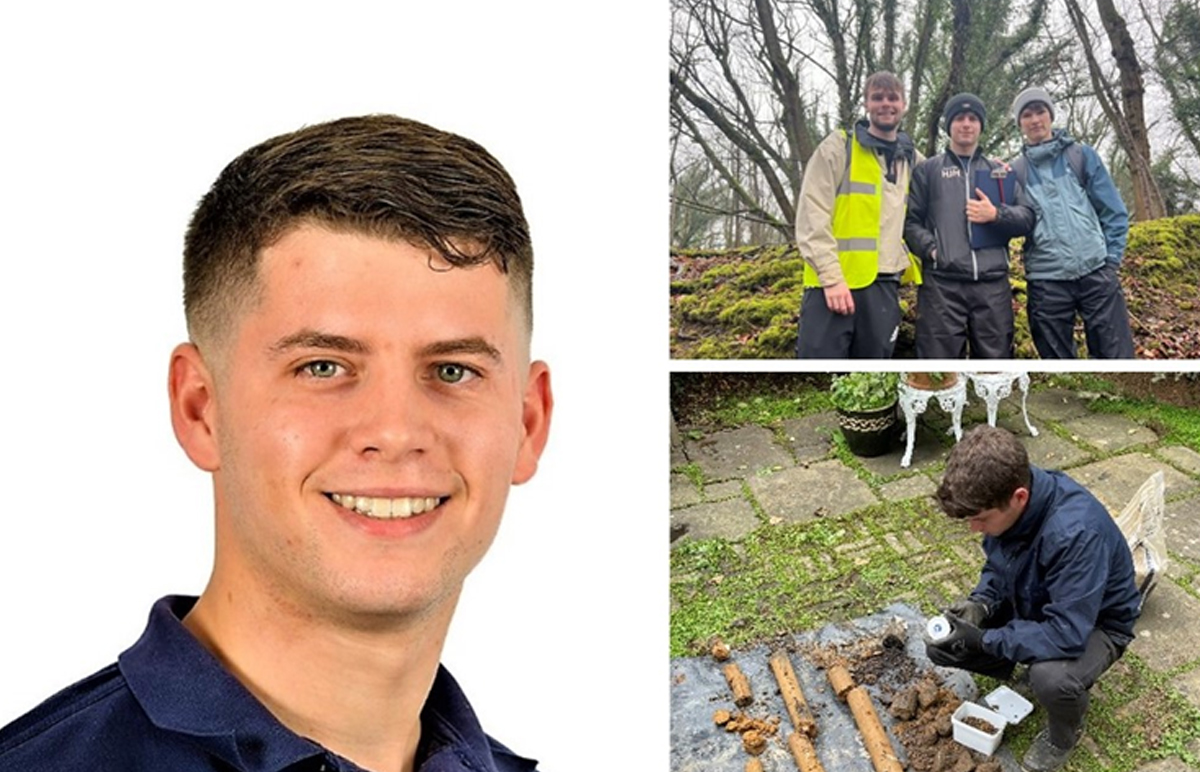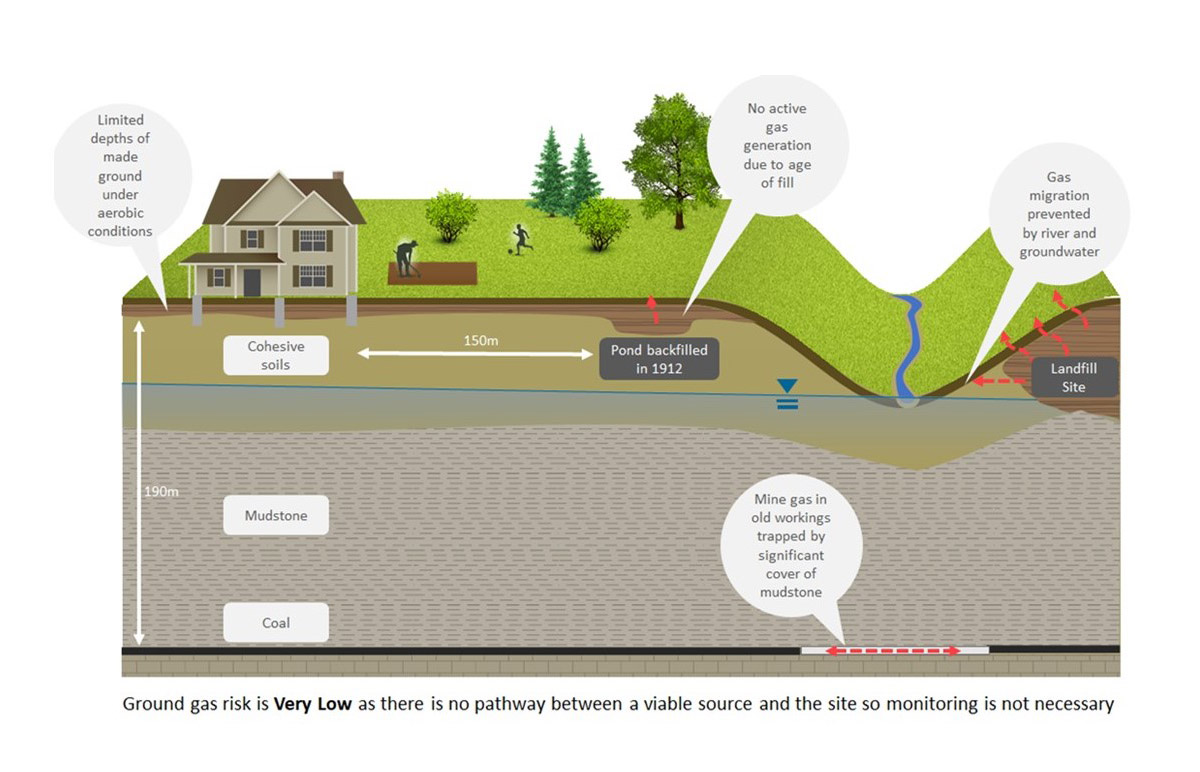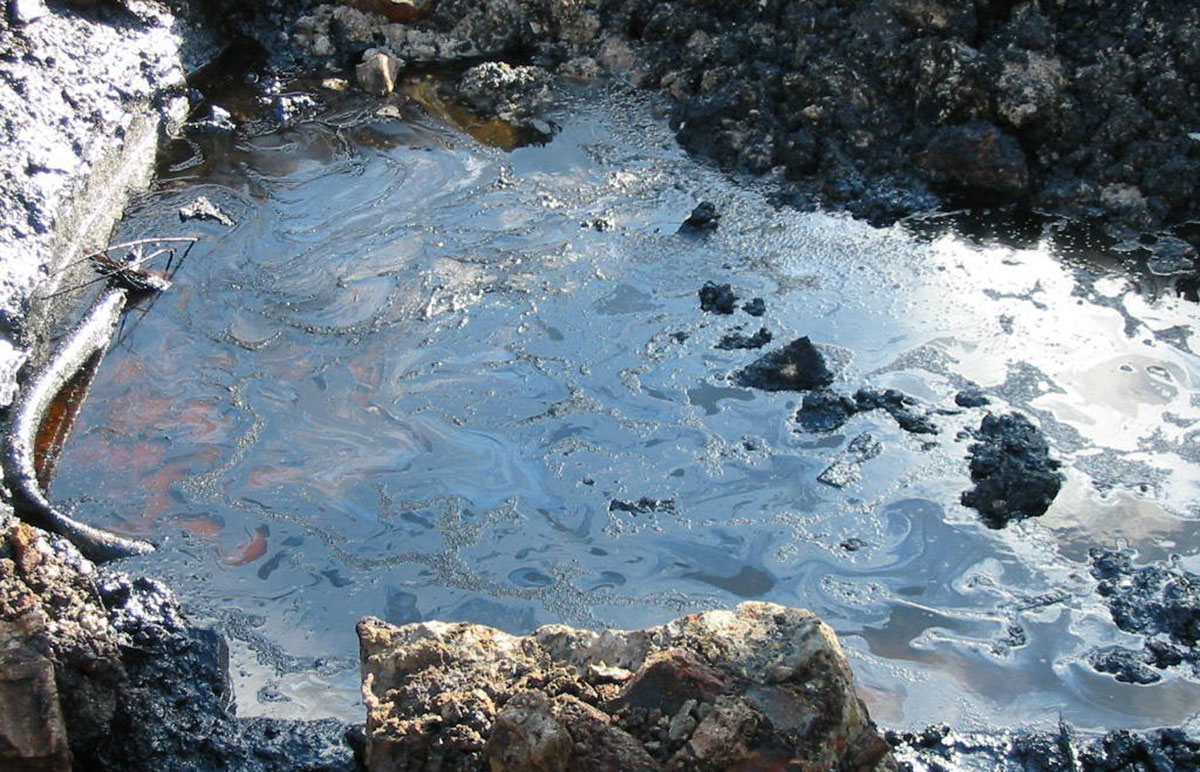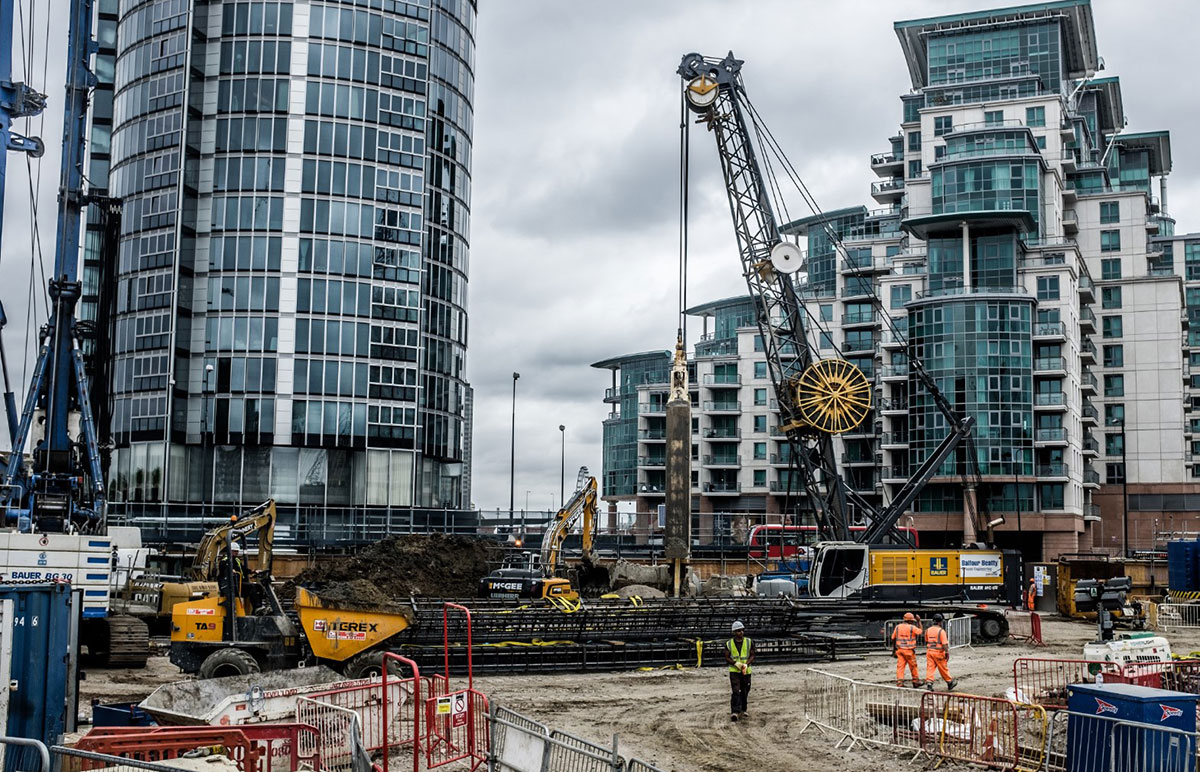
How did I get into the ground engineering industry? I was originally planning a career in an entirely different field of work, and engineering geology/geotechnical engineering isn't particularly a well-known career. It is one that I didn't even know existed! However, after having a conversation with a neighbour, who explained the career that they had as a civil engineer turned geotechnical engineer, describing the roles they had in projects in the UK and around the world! I was inspired to see how I could get into this profession. I recall having a phone call with Nick Koor (course lead for BEng Engineering Geology and Geotechnics) from the University of Portsmouth, and after a long discussion about the degree and its career prospects, Nick offered me a place which I accepted straight away!

The risk presented by high rates of hazardous ground gas emissions into structures is well documented and means of monitoring and assessing this risk are set out in both BS 8576:2013 and CIRIA C665...

Over the past year, our Technical Director Mike Plimmer has delivered a range of presentations at conferences organised by EPUK, RICS and the Geological Society. Mike specialises in the development of risk assessment models for contaminated land remediation and in the classification and re-use of construction waste; he leads GEA’s contaminated land team and has over 30 years’ experience in geotechnical and contaminated land projects.

As we start another year and consider recruitment options I starting wondering whether we could put in a nutshell what the qualities are that we look for, particularly in new graduates, which is where we find most of our staff.